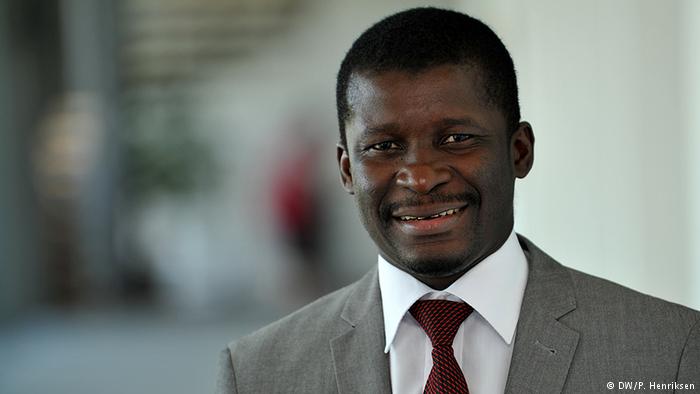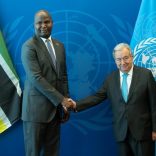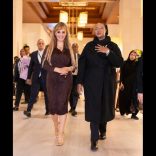Mozambique: Delay in approving Mondlane's party result of "many processes" with similar requests
Mozambican mayor warns of decentralisation process costs

Manuel de Araujo, mayor of Quelimane municipality (in file CoM)
The mayor of Quelimane municipality in central Mozambique warns of the costs of implementing the decentralisation process, noting that, although the change is positive, it will have considerable technical and budgetary implications.
“We are going to have district assemblies and, to function, these people will need wages and working conditions,” Manuel de Araújo told Lusa.
The proposal to amend the Constitution of the Republic in favour of greater decentralisation was approved by the Assembly of the Republic of Mozambique, generally and by consensus, at the end of May.
A document from the Ministry of Economy and Finance released in February indicates that the budgetary impact of implementation of the proposal will be 2.3 billion meticais (about EUR 32 million).
Among the fundamental changes introduced by the constitutional amendment are the election of provincial governors and, later, of district administrators, hitherto appointed by the central government.
De Araújo however also points out that, in addition to budgetary costs, decentralisation will also involve human resources challenges, since most of the professionals in Mozambique tend to moving away from the districts to provincial capitals.
“Taking an engineer or an architect out of Maputo, for example, to locate him in Metangula [a village in the interior of Lago District, Niassa province] seems to me to be a hard sell. It is necessary to create the conditions and incentives for these cadres to leave the provincial capitals and move to rural areas,” explained Manuel de Araújo.
Starting with the elections on October 10 of this year, leaders of municipalities will be chosen from the municipal assembly most-voted list, and no longer by direct voting, as has been the case since the first elections in 1998.
Although he considers it good that provincial governors will be elected, de Araújo considers the end of the direct election of mayors a setback for democracy.
“People are more involved in local elections than in national elections,” the MDM member [the third-largest parliamentary political party in Mozambique] says.
The direct election of governors will come into force with the elections of October 15, 2019, while administrators will be elected from 2024.













Leave a Reply
Be the First to Comment!
You must be logged in to post a comment.
You must be logged in to post a comment.